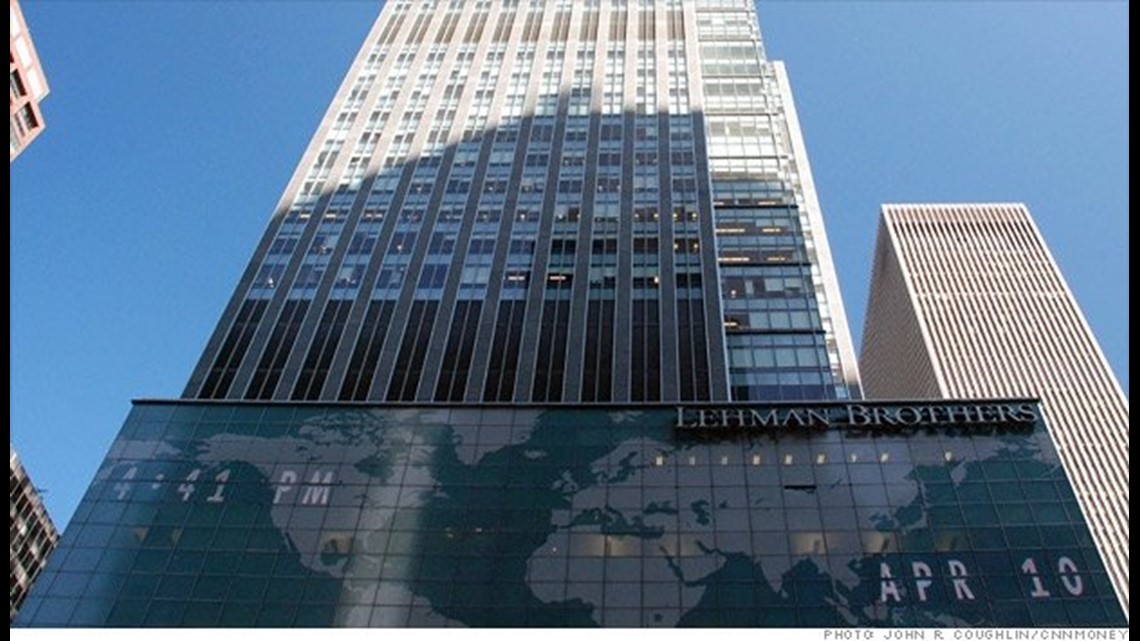

Gene Sperling, a senior economic adviser to the president, said Sunday that while the economic decisions the Obama administration made in 2009 were controversial – citing the Troubled Asset Relief Program, the auto bailout and revamped banking regulations – all have outperformed their original forecasts.
“These very difficult, bold and politically controversial measures that the president took in 2009 have uniformly performed better than almost anyone could have projected,” Sperling, the outgoing director of the National Economic Council, said on a call with reporters.
After Lehman Brothers declared bankruptcy in 2008, the U.S. economy went into freefall in the final days of the George W. Bush presidency. After Obama took office in January 2009, he took controversial and expensive steps to stabilize the U.S. economy.
In a flurry of economic policy, the Obama administration pumped $250 billion into banks both large and small to shore up their capital, known at the TARP program, and pledged $85 billion to rescue the insurance firm AIG from collapse.
Economic security and the Obama administration’s decisions appear to be the White House’s focus in the coming week.
On Monday, the president will use a Rose Garden speech to herald his economic decisions. To hammer home the point, a White House spokesperson said Sunday that Obama will be flanked by people who represent different sectors of the economy aided by Obama’s decisions.
Obama will sit down for an interview with the Spanish-language news channel Telemundo on Tuesday, and on Wednesday and Thursday he will deliver remarks at two different economic meetings.
On Friday, the president will take his message to the road, traveling to a Ford production plant in Kansas City, Missouri, where he is expected to tout the 2009 auto bailout and his next economic steps.
A White House report released Sunday, which Sperling previewed on the call, credited Obama with making these tough decisions, stating that “America has fought our way back” largely because of these steps.
“Thanks to the grit and resilience of the American people, we’ve cleared away the rubble from the financial crisis and begun to lay a new foundation for stronger, more durable economic growth,” reads the 49-page report.
Expectedly, not everyone agrees that Obama’s economic decisions have strengthened the economy.
Republicans, such as House Speaker John Boehner, have long criticized Obama for “mediocre” job growth and growing the national debt.
“The sooner President Obama starts working with both parties to … solve Washington’s spending problem, the stronger our economy will be for all Americans,” Boehner said earlier this month.
But it isn’t just Republicans who doubt the stability of the U.S. economy.
Six in 10 Americans told Gallup in August that economic conditions are getting worse, and earlier this month, an economist at the University of California, Berkeley, found that 95% of income gains from 2009 to 2012 went to the top 1% of earners.
In short, the study found, the slow economic growth the United States has experienced since the economic crash of 2008 has primarily favored top earners, while incomes for the vast majority of people have stagnated.
While Sperling acknowledged on the call that the United States has not fully recovered from the economic downturn, Obama said in an interview with ABC on Sunday that the rich have fared far better than the poor during his time in the White House.
“The folks in the middle and at the bottom haven’t seen wage or income growth, not just over the last three, four years, but over the last 15 years,” the president said on ABC’s “This Week with George Stephanopoulos.”
Sperling argued on Sunday that things would have been worse if auto companies had not been bailed out and the president’s scheduled visit to the Ford plant signals that the White House plans to tout its accomplishments with the auto industry.
In 2008 and 2009, General Motors, Chrysler Group and Ally Financial, the finance firm then known as GMAC, received $79.7 billion. While some of that assistance came in the form of loans, most of it was given to the companies in return for their stock. Stock sales, dividend and loan payments together have returned only $52.7 billion to the government, leaving a $27 billion deficit.
Sperling argued, however, that they were a net positive.
“Autos is striking,” Sperling said on Sunday. “The president made the right and very politically difficult call. I don’t know that anybody at the time would have predicted that by the first quarter of 2011, the big three would not only have survived by have been profitable for the first time since 2004.”
Obama’s handling of the auto bailout was controversial at the time and became a flashpoint point in the 2012 election.
Some Republicans – including the GOP nominee, Mitt Romney – argued that the White House should have allowed the auto companies to go into a structured bankruptcy and criticized Obama’s decision to use government money to prop up the industry.
